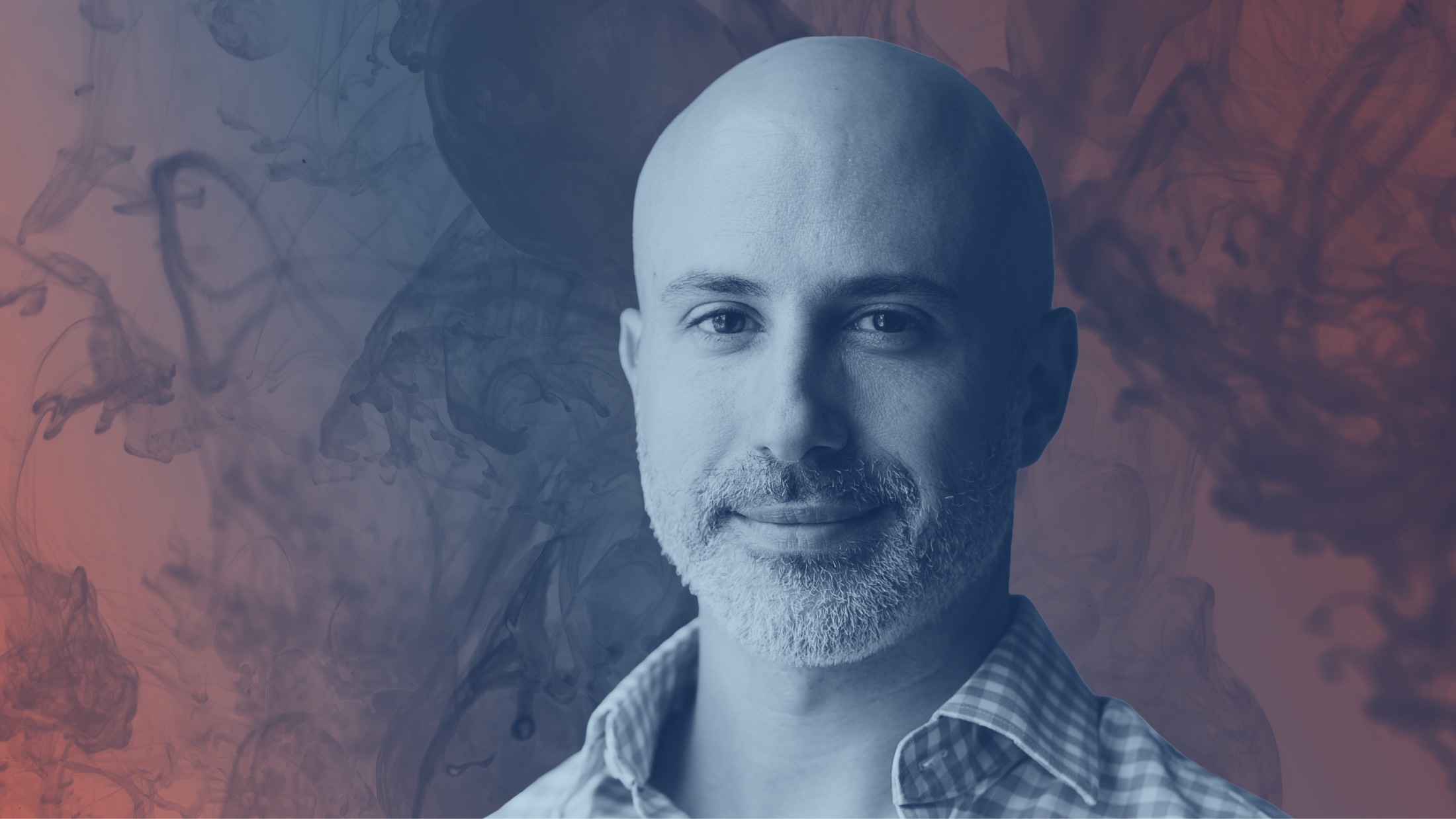
Field Trip will join the Nasdaq exchange on 29 July and become the first psychedelic company to list on Nasdaq’s Global Select Market, having met the stringent financial requirements for the stock exchange’s top tier.
The eagerly anticipated uplisting is the latest in a series of significant company announcements. In February, Field Trip signed a bought deal with investment bank Bloom Burton Securities, and in March raised US$95m in a single funding round. The organisation’s financiers are predominantly investment banks and hedge funds, but what does the support of institutional investors mean for the recognition and regulation of psychedelic medicine?
In an exclusive interview ahead of the the listing, PSYCH spoke with Field Trip’s Co-founder and Executive Chairman Ronan Levy.
‘Approval to list on Nasdaq is a great milestone for both us and the industry…It’s a great validation of everything that we’ve been trying to do. We’ve bought a unique lens to the evolution of Field Trip and how the psychedelic industry is going to emerge.’
‘We’re not like Compass Pathways or atai Life Sciences or MindMed, which are only focused on one conventional development strategy to bring psychedelics to market through FDA approval. Instead, we’re developing an integrated model that pays respects to the unique aspects of psychedelics. In experiential therapy, set and setting matter seemingly as much as the drug itself.’
On the subject of competition in the public markets, speaking on behalf of the fifth psychedelic company to list on the Nasdaq exchange, Levy was optimistic the industry could provide promising returns for all its stakeholders.
‘The purpose of competition is to bring out the best in your competitors, not necessarily to win,’ he said. ‘Right now, particularly given the tight-knit relationships industry leaders have, we’re looking to create a category and we’re working in the same direction. Is there a chance it will become competitive? Certainly it is a possibility, but I also think innovation in this category hasn’t really started.’
Field Trip’s innovation is heavily financed by investment banks and hedge funds, which endorse the company’s potential and that of psychedelic medicines. Listing on Nasdaq will only heighten investor interest, but the company’s Executive Chairman remains level-headed.
‘It has been a significant achievement to attract some of the most credible investors out there, particularly in the pharmaceuticals, life sciences and biotechnology space. The calibre of investors that we’ve been able to attract has been truly world-class. I don’t think we can move up a category of investor, but what we can do is open ourselves up to more investors. As wonderful as the Toronto Stock Exchange is, Nasdaq is a higher echelon of exchange, which attracts more interest from more investors.
‘We are well cashed up right now, with close to US$100m in the bank. We also have a few value inflections coming up; we expect to announce new pipeline molecules this year and be in Phase 1 clinical trials early next year. We will continue to execute the business model we have been since day one, which is to work on FT104, our novel psychedelic molecule; look to develop a pipeline of other psychedelic molecules; and continue to build out the clinical infrastructure to deliver these psychedelic therapies.’
Field Trip generated US$316,000 in revenue in Q3 2020, but has a lofty market cap of US$200m. These are high expectations for an organisation less than three years old, in an industry dependent on a radical regulatory shift. Is the investor excitement justified? PSYCH pressed Levy on these projections.
‘It is not a metric that gives us too much heartburn, but of course we pay attention to it,’ commented Levy. ‘It really categorises the clinics in the wrong way. We look at Field
Trip’s Health Clinics as being the fundamental strategic tools to the overall development of Field Trip, which is primarily a research and development company. They create the opportunity to collect data on how to optimise the patient experience, for all psychedelic molecules.
‘The clinics create a virtuous cycle. By virtue of having a large patient base and by virtue of working with more protocols, we’re going to have real insight into the unmet needs of the industry…Nobody else will have that insight and it will feed our drug development programme.’
With an eye to the future, Levy outlined the obstacles that need to be overcome:
‘Critical to the evolution of Field Trip, and, truthfully, the psychedelics industry, is how much research is going to be done within the clinical infrastructure… Now that the infrastructure is built and operations are running smoothly, we can double-down to understand the research, the dynamics between set and setting and what makes an impact. With psychedelic therapies, the fundamental challenge is the time- and cost-investment. We know that set, setting and therapy matter, we just don’t know how to optimise them.’
When uplisted to Nasdaq Field Trip will trade under FTRP, and will continue to trade on the Toronto Stock Exchange under the same symbol. Further information on Field Trip can be found here.


